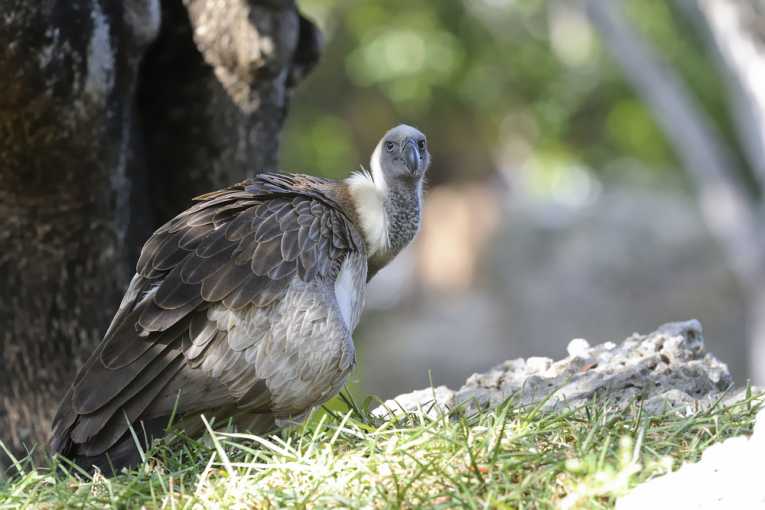The vulture population of India has plummeted drastically in the last couple of decades. From thousands of birds hovering in the skies, the country now counts vultures in hundreds. And it is all thanks to the use of an Anti-inflammatory drug that has acted as the death knell of these areal scavengers.
Diclofenac is a painkiller commonly used for human as well as veterinary purposes. But with the onset of the millennium, it was noted that when vultures fed on carcass of animals that had been treated with Diclofenac, they died within a couple of days. On further investigation it was indeed noted that Diclofenac was poisoning vultures and in 2006 India banned the drug for veterinary use. But in spite of the ban, the drug is still available, albeit for human use and is being illegally used by farmers to treat their livestock. What the practice has led to is the death of vultures in large numbers, with almost 99 percent of the population gone in the last few years.
Suicidal Meal
Vultures are areal scavengers. They live on the dead and are therefore not one of the most likable creatures of the planet. But just like there is a place for every organism in the natural world, the vultures play the very important role of cleaning out the remnants of a once living creature, so that it does not spread disease and epidemic otherwise. It is a great service to the human and animal world. On the contrary by throwing Diclofenac infected carcasses, humans are only bringing untimely death to the vultures and a grimmer future for themselves undoubtedly.
Even if traces of the drug pass from the carcass to the vulture's digestive system, it results in kidney failure and visceral gout. Strangely the adverse affects of Diclofenac have been only noted in Asian vultures and not vultures found in other parts of the world.
In the Indian subcontinent, five species of vultures are found including the White-backed vulture, Slender-billed vultures and the Long-billed vultures. All three of these have been placed in the IUCN's Red List of Critically Endangered Species.
There are a number of reasons that are making the earth more and more inhabitable for the vultures, like, lack of nesting grounds and reduced number of tall trees to perch on. But sadly it is what they finally eat which is creating the greatest havoc. With every piece of tainted meat, a vulture is meeting its end.
Restaurant for Vultures
In order to provide the vultures a meal that is free from chemicals, 4 locations in India have been chosen for vulture restaurants - one in the state of Maharashtra and 3 in Punjab. At these places diclofenac-free meat is being provided to the vultures.
Wildlife officers buy carcasses of dead buffaloes, cow and bulls from villagers everyday and place them on bricked platforms with boundary walls that serve as the vulture restaurants. The forest officers test for the safety of the carcasses before they are fed to the vultures.
These locations have been chosen to not only be a good feeding ground but provide vultures place to nest and breed. It has also been taken into consideration that there is ample water in the neighborhood.
But some experts feel the move may not be successful in retaining vulture population as the birds can easily fly and eat Diclofenac infested meat in other locations and still die. The real protection can only occur if the laws are stricter and the drug is totally removed from commercial use.
Vulture restaurants have been earlier set up in other countries of the subcontinent such as in Pakistan and Nepal and officials hope the move will at least provide the birds with some safe meat reducing mortality rate.
Finally it is up to the farmers, pharmacists and general public who use Diclofenac to realize how their negligence is killing these birds. The vultures may not be in the most favorite list of animals, but no one can really deny the great service they bring to the living world, by feeding on the once-living.










